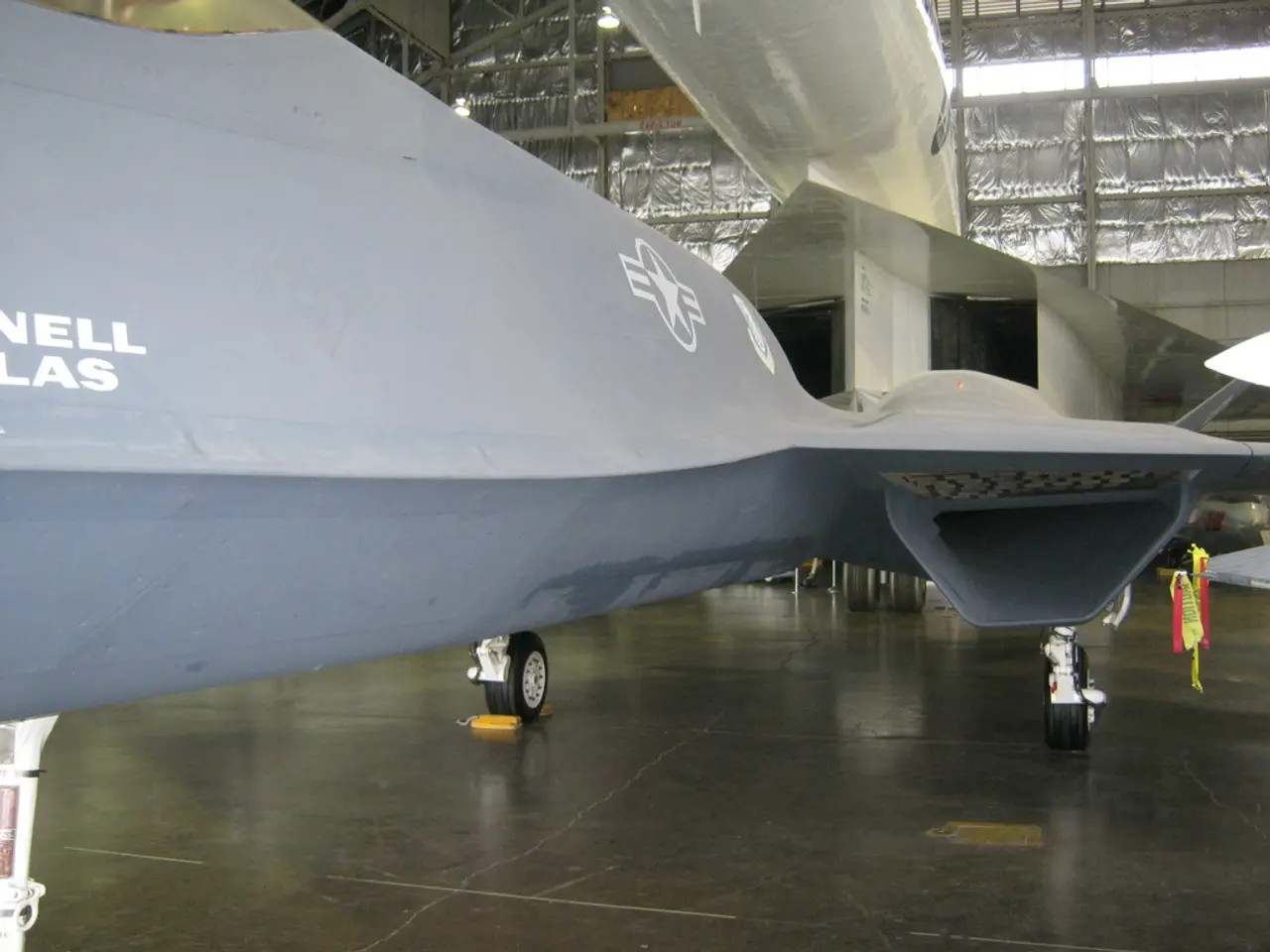Potential Impact of Southwest Airlines' Staff Reductions on Passenger Service and Flight Operations?
Southwest Airlines Announces Mass Layoffs: What Travelers Need to Know
Southwest Airlines, the low-cost carrier known for its customer-friendly policies, has announced its first-ever mass layoffs, affecting approximately 1,750 corporate employees. The layoffs are part of a broader effort to streamline operations and ensure long-term sustainability, as the airline faces mounting financial pressures and demands from activist investors for improved profitability.
Customer Service Impact
The reductions in corporate staff could strain customer service capabilities, leading to slower response times or reduced support quality because fewer personnel might be available to manage customer inquiries and issues. Southwest has already experienced customer backlash from recent policy changes like ending the "bags fly free" perk, indicating potential sensitivity among customers to service reductions amid operational changes.
Flight Schedules and Operational Efficiency
Southwest has introduced significant operational changes, including ending open seating and launching basic economy fares, which could be linked to optimizing flight operations in light of the workforce cuts. While Southwest claims its operational rollouts like bag fees had “no negative operational impact” so far, the layoffs could risk disruptions if adjustments in staffing lead to delays in ground handling or scheduling coordination.
A leaner workforce could improve efficiency if managed well through process optimization and technology. However, mass layoffs also risk reducing institutional knowledge and agility, potentially causing short-term inefficiencies and errors in coordination across corporate and operational functions. Southwest's past statements indicate a transformation strategy focusing on incremental revenue growth and operational changes, so the layoffs could be coupled with other efficiency initiatives to offset the workforce reduction.
Potential Disruptions
One concern for passengers is the potential for longer response times when seeking customer support. Fewer corporate staff overseeing crew scheduling and assignments could lead to inefficiencies, potentially causing delays or staffing shortages during peak travel seasons. If the layoffs include IT or digital support staff, passengers might see delays in website and mobile app updates, affecting online check-ins, booking management, and real-time travel assistance.
There is speculation that passengers may experience changes in Southwest's renowned customer-friendly policies. Corporate layoffs might result in adjustments in flight frequency or the elimination of underperforming routes. Some aviation industry analysts believe that Southwest's strong brand loyalty and operational model will allow it to weather the transition smoothly, while others warn that corporate downsizing often leads to unforeseen disruptions.
Stay Informed
As the airline navigates this period of transition, passengers should remain vigilant and monitor service updates. To minimize potential inconveniences, travelers should book flights early and check for updates from Southwest regarding any changes in policies or services. Passengers are advised to use digital tools such as the Southwest app for self-service options, reducing the need for customer support calls.
For now, Southwest Airlines customers are unlikely to experience immediate disruptions. However, as the airline continues to implement its transformation strategy, it is crucial for passengers to stay informed and adapt to any changes that may arise. Only time will tell if the restructuring will introduce operational challenges.
- To mitigate potential operational challenges, Southwest Airlines might look towards digital logistics solutions to handle customer inquiries more efficiently, thereby lessening the strain on the reduced corporate workforce.
- Given the recent mass layoffs, Southwest's aviation operations in Africa could be impacted if the O&D (Origin and Destination) management team experiences reductions, potentially leading to adjustments in flight frequency or the elimination of specific routes.
- In an effort to adapt to the current financial pressures, Southwest might explore the integration of technology in aviation management, aiming to improve both import and export logistics as well as optimize the efficiency of ground handling and scheduling coordination.
- With the transition towards a leaner workforce, there might be an increased need for sports-like teamwork and collaboration among the remaining Southwest employees to ensure seamless digital service delivery, resulting in minimal disruptions for passengers.







